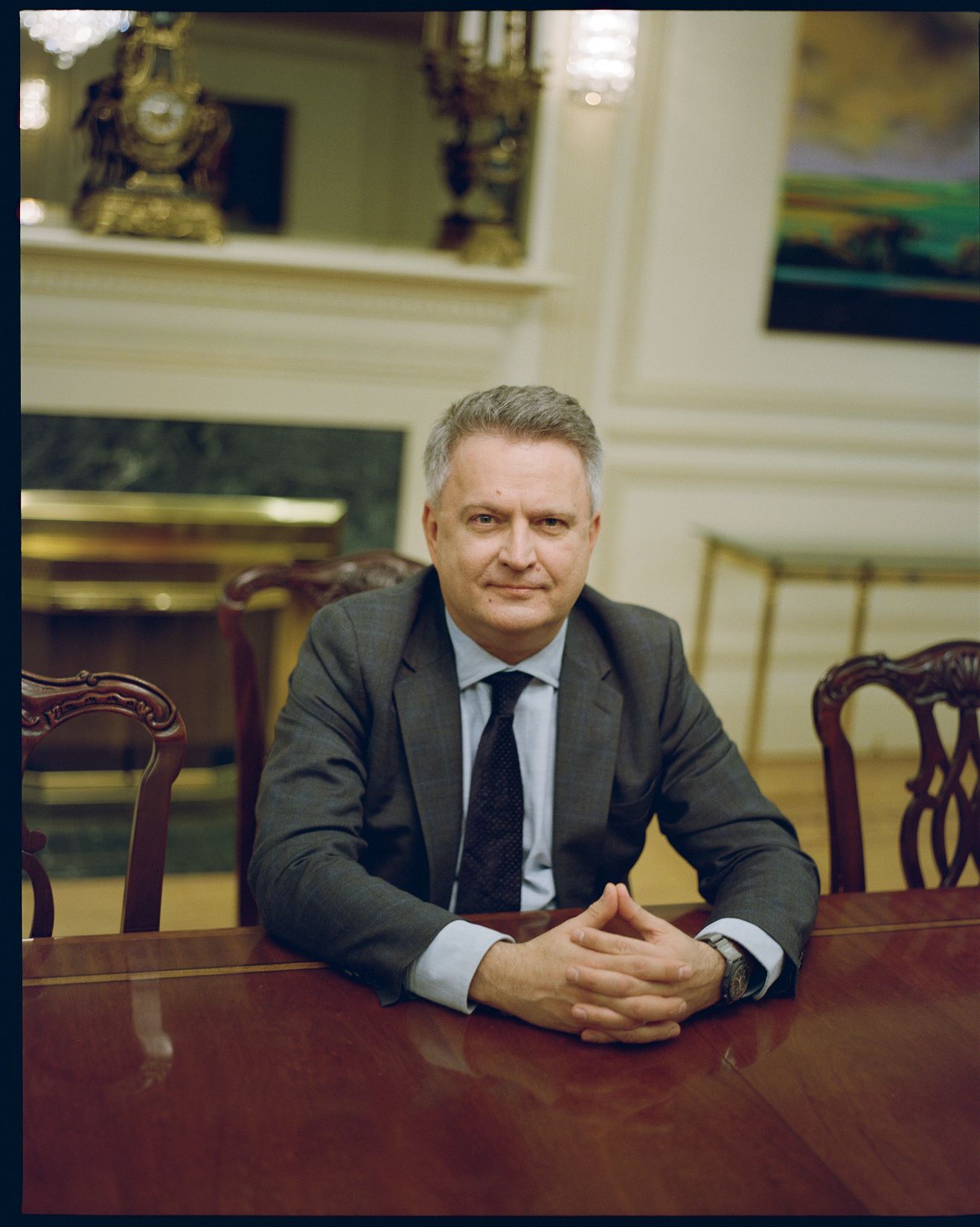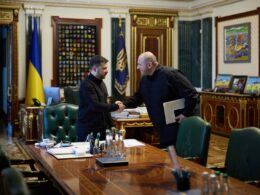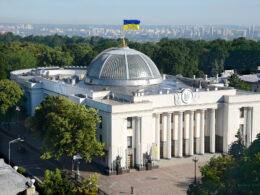Russian negotiators came to peace talks in Istanbul with detailed dossiers on every member of Ukraine's delegation and proposed creating WhatsApp groups to simulate progress rather than discuss substantive peace terms, according to Ukraine's Deputy Foreign Minister Sergiy Kyslytsya.
In an interview with The Times, Kyslytsya described three rounds of negotiations held on 16 May, 2 June, and 23 July in the Turkish city, where Russia's lead negotiator Vladimir Medinsky opened discussions with a lecture denying Ukraine's separate identity.
"He had the entire line-up of Ukrainian defence ministers, generals and diplomats, and still they deny your identity, your nationality," Kyslytsya said.
The Ukrainian delegation had anticipated this approach and agreed beforehand to avoid engaging with historical arguments, he explained.
"They know very well the background of every one of us and sometimes they do say provocative things and quite nasty," the diplomat told The Times. The tactic was designed to distract Ukrainian negotiators and create grounds to blame them for derailing talks.
Medinsky concluded his opening remarks by stating "we, the Russians are killing Russians," Kyslytsya recalled. The Ukrainian team let Russian negotiators speak as long as they wanted before attempting to move to their agenda.
Russian representatives repeatedly refused to discuss concrete proposals, instead offering to establish working groups and messaging channels that could create an illusion of diplomatic momentum, according to Kyslytsya.
"You have to put your arguments on the desk too, then the other side also puts their arguments on the desk. Then you try to figure out, where is the common ground? What is a grey zone? Where is the batch of the arguments that are totally unacceptable? We never reached that point," he said.
The only ceasefire proposal Russia's delegation would consider was a two-hour truce to collect bodies from battlefields. All other discussions of temporary cessations of hostilities were rejected.
Kyslytsya explained that Russian negotiators operated under rigid mandates from the Kremlin. "In a dictatorship, you can't have creative discussions with negotiation teams representing the dictator. They come with a very rigid mandate and they have to defend whatever positions they were given," he said. "So in the Russian system, you have to deal directly with the dictator."
The deputy foreign minister, who was appointed by President Zelenskyy to oversee Ukraine's peace process with Russia and Western allies, said talks aimed to deceive American officials into believing negotiations were progressing to avoid punitive measures.
Before the Trump administration imposed sanctions on Russian oil companies Rosneft and Lukoil on 22 October, Kyiv worked to demonstrate Russian deception to Washington. Kyslytsya said he had confronted Trump's negotiator Steve Witkoff about accepting Kremlin rhetoric at face value.
"I told him at one of the meetings, you know, Mr Witkoff, your problem is that you are too American. Americans, overall are very direct, they hear what you say and they say what you want heard. While the eastern European and Byzantine attitude is very ornate and very difficult, full of hints and references," Kyslytsya recounted. "Witkoff was really buying at face value what the Russians were telling him."
Kyslytsya was in the room when Trump met with Zelenskyy a week before the sanctions announcement and had lobbied Treasury Secretary Scott Bessent on economic cooperation, including proposals to use Ukraine's underground gas storage network for American liquefied natural gas destined for Europe.
The Istanbul talks have since been abandoned. Kyslytsya said Ukraine's focus has shifted to pressuring international partners to force Putin into direct negotiations with Zelenskyy.
Read also
-
Three years ago Ukraine bought Turkish drones—now it produces 4 million yearly, outpacing US
-
No forests to hide in, no urban fortifications: Ukraine’s southern front becomes Russia’s open killing field
-
Ukraine delivers $119 million in soft loans to 80 defense manufacturers, $112 million pending approval





